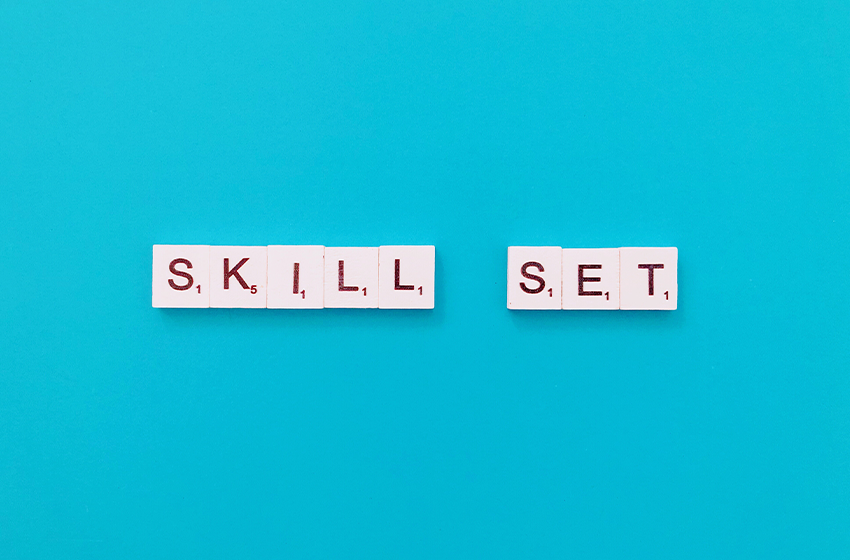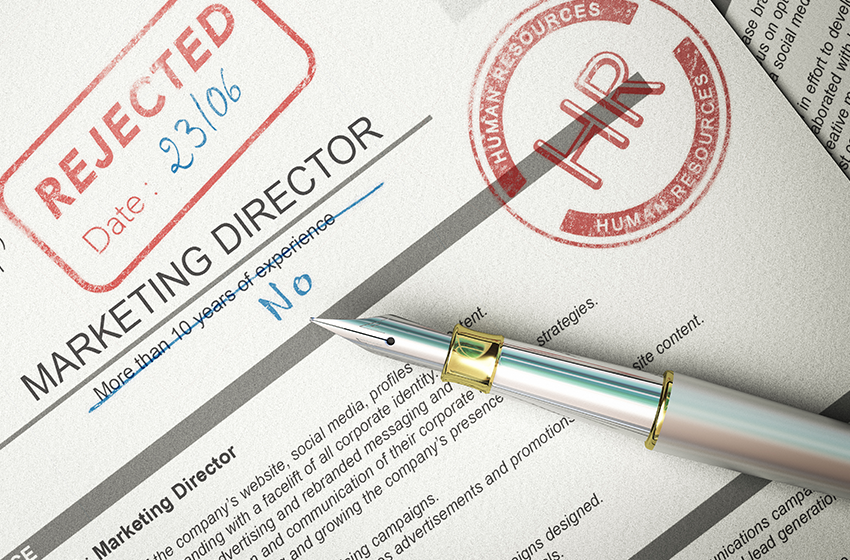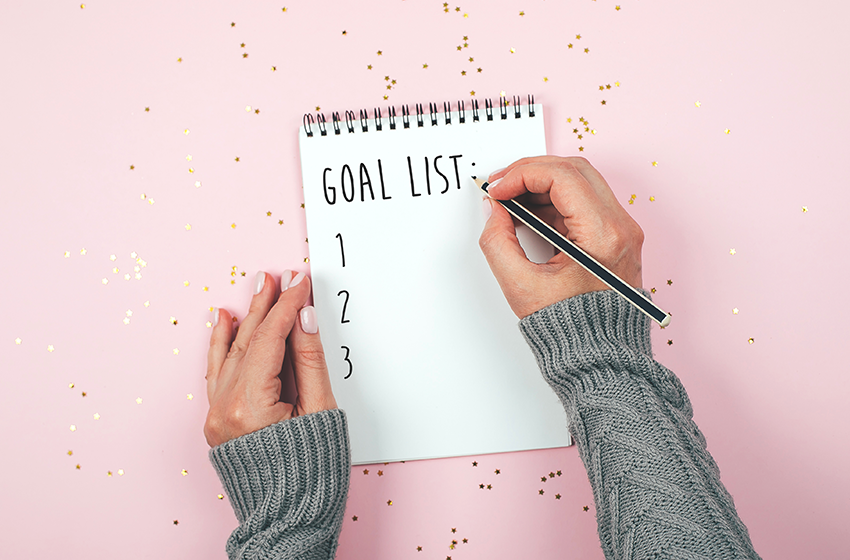Having an interview go badly can feel like it’s the end of the world; it can be very disheartening and make you feel quite upset. It is important to remember, after a bad interview, that you can turn this into a positive learning experience; you don’t have to give up because of one bad interview.
- Disappointment
You must allow yourself to feel disappointed as this is a natural feeling when a job goes bad. If you don’t allow yourself to feel disappointment, you will end up bottling it up, and it will inevitably come out in other aspects of your life, which is not what you want.
It is natural to feel disappointed when you don’t get the job you wanted, and the chances are that you are feeling so bad because it was a job you wanted. Whilst it can be an uncomfortable feeling to feel disappointed in yourself, it is an important learning curve. It could have been effortless for you to have not stepped out of your comfort zone and to have played it safe. You managed to take a risk, and whilst it may not have paid off this time, you need to congratulate yourself for taking that risk; not everybody has it in them to take such high risks.
- Talking
It is a great idea to talk to somebody else about your interview experience; a third-party perspective is always helpful. A third-party perspective can help you to shed light on what went wrong in your interview so that you can learn from it for future interviews. Third-party perspective can often show that whilst the interview didn’t go perfectly; it wasn’t as bad as you thought it was. Often, we catastrophize within our own minds and portray things as worse than they actually were due to our intense self-criticism.
- Follow up
After a bad interview, you follow up with a thank you message or email. This helps to redeem yourself from the bad interview slightly and stops the company from being left with a bad taste in their mouth after your interview. You do not want a reputation, so it is important to leave people with a good impression of you.
- Reflection
It can be easy to give up after a bad interview experience, but it is important to use this as a learning curve. If you learn from your mistakes, they aren’t really mistakes after all. If you can turn your negative interview experience into a positive learning experience, this will help you in the future with interviews. Take a step back and look at where it is that you went wrong; once you have done this, you can figure out ways to prevent it from happening in the future; you must learn to turn negatives into positives as most people have to apply for a variety of roles before they actually succeed.









